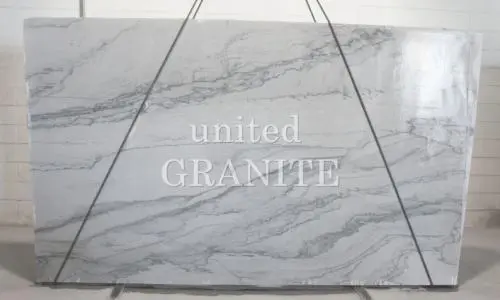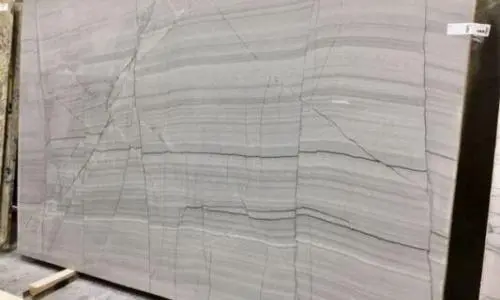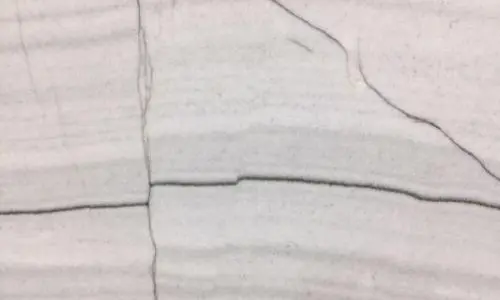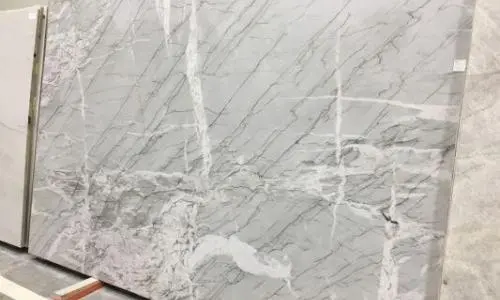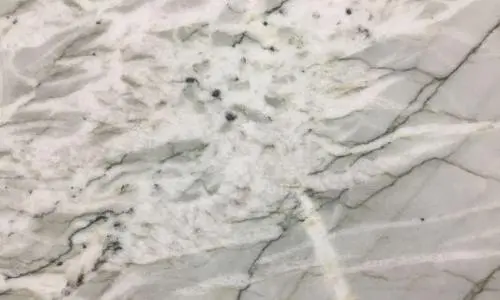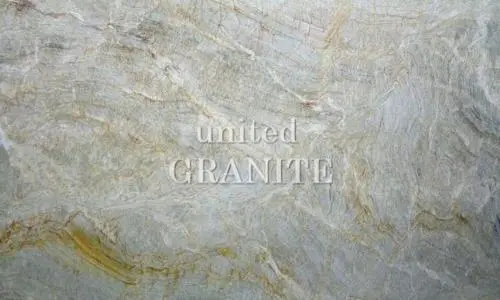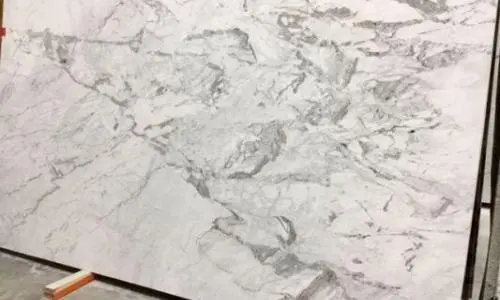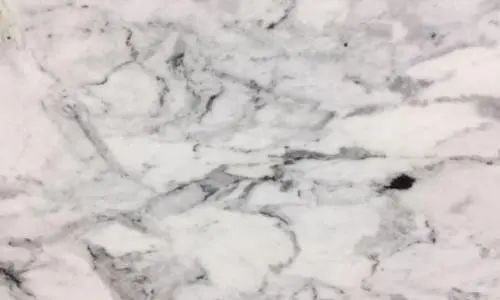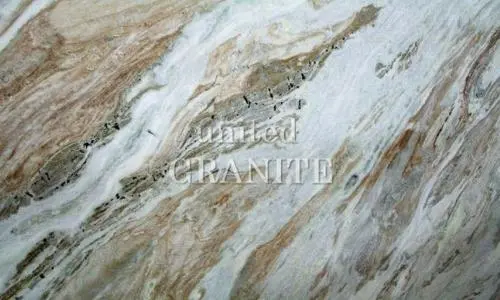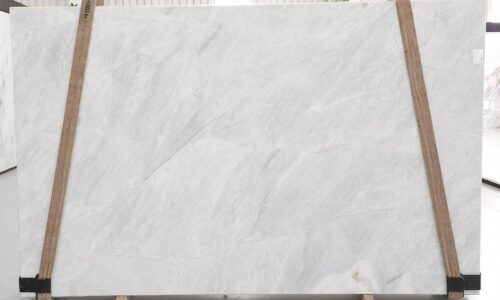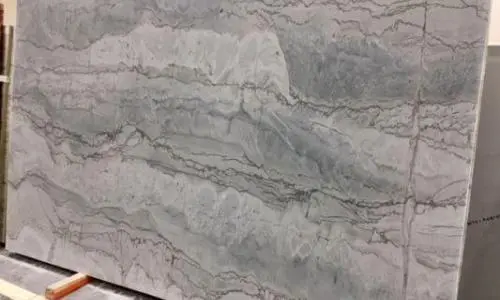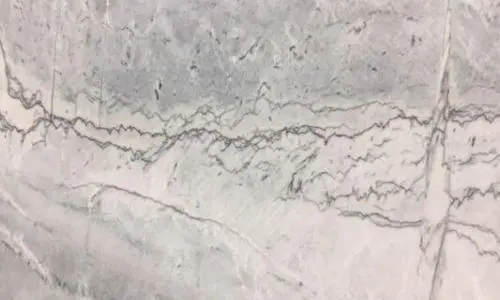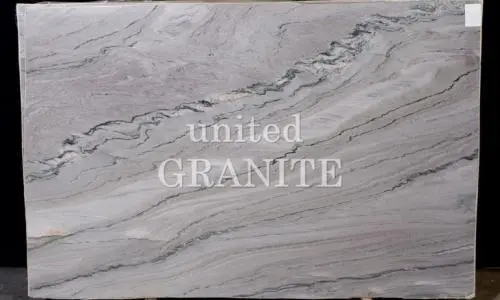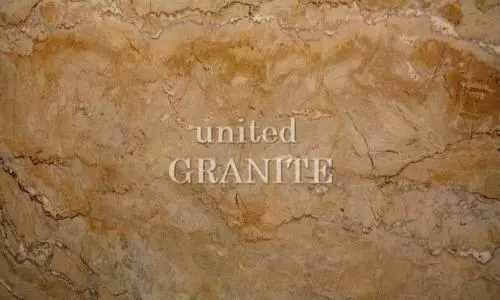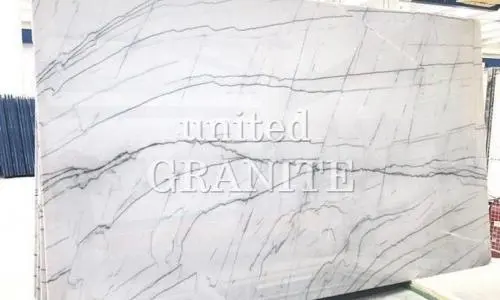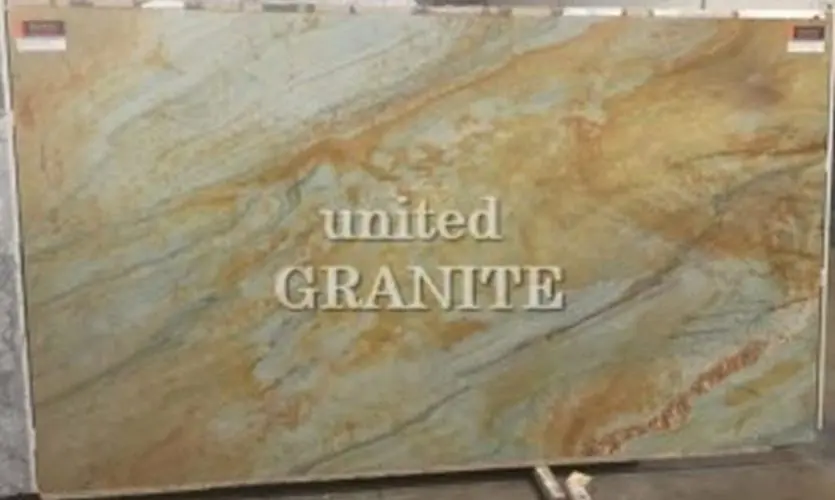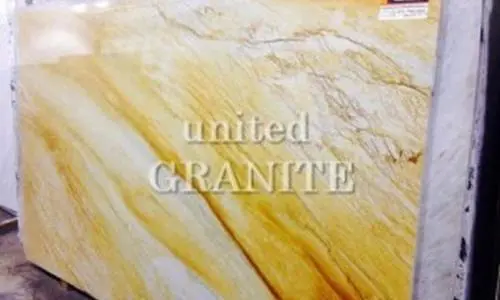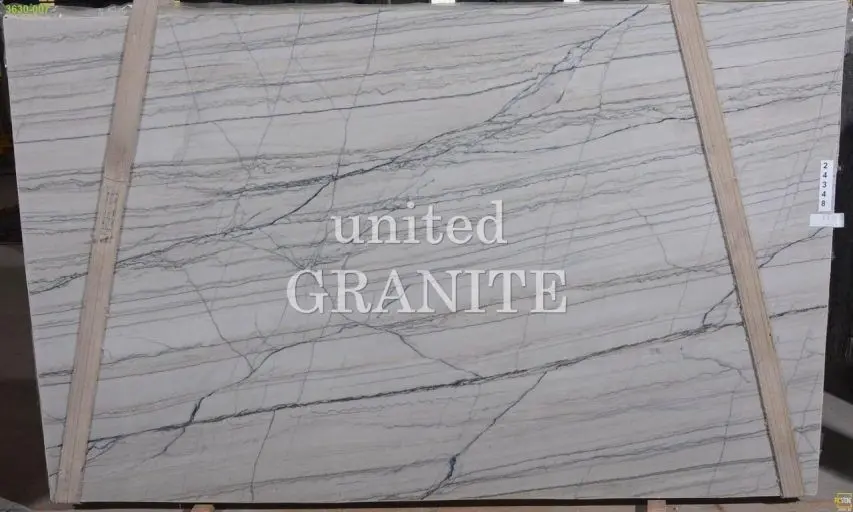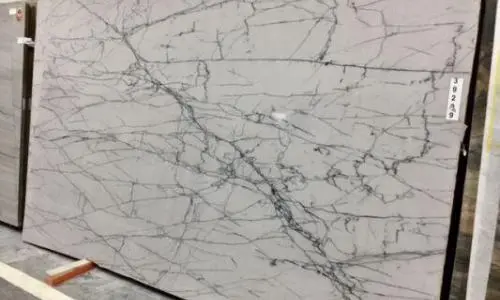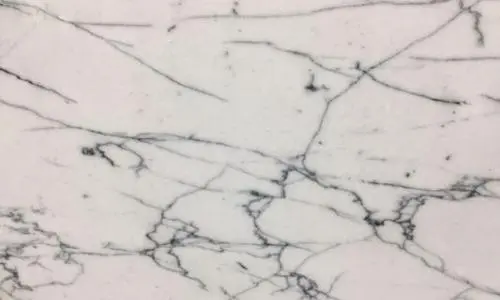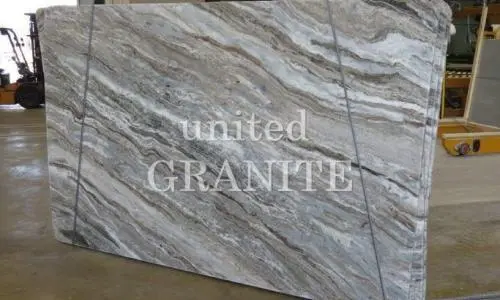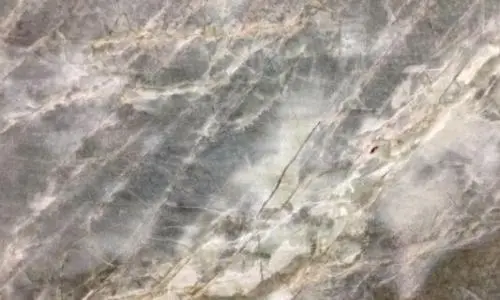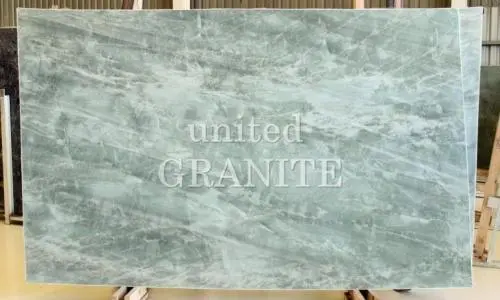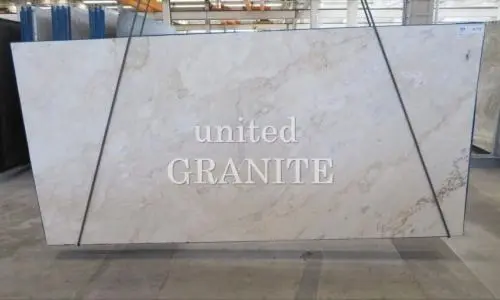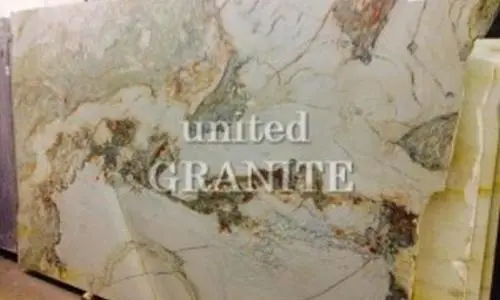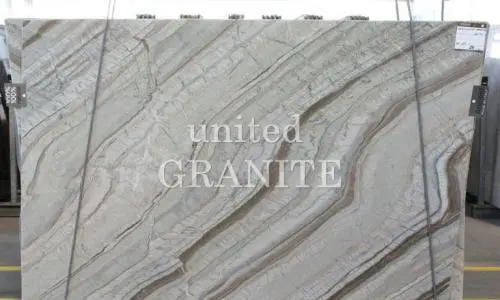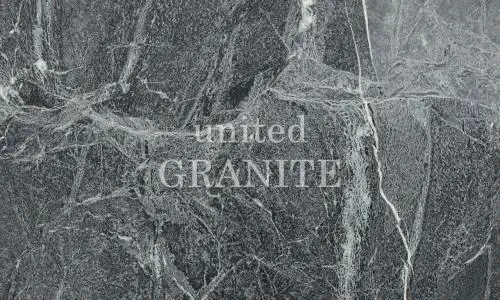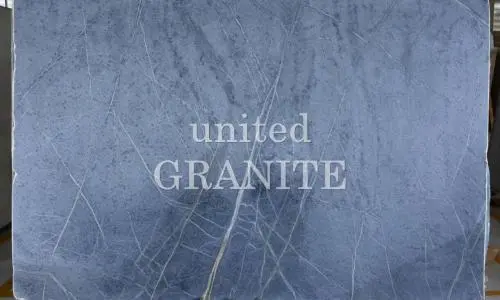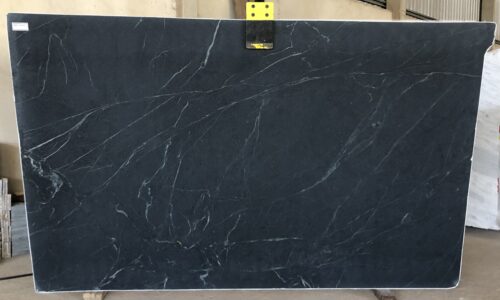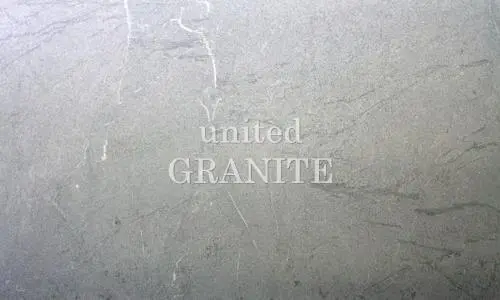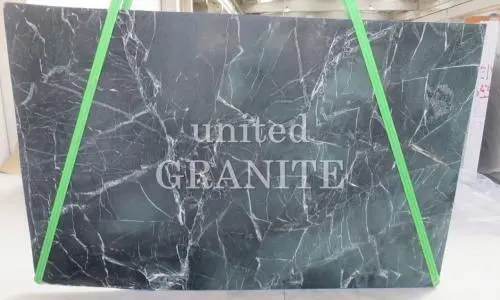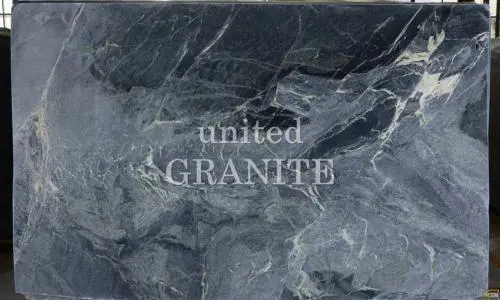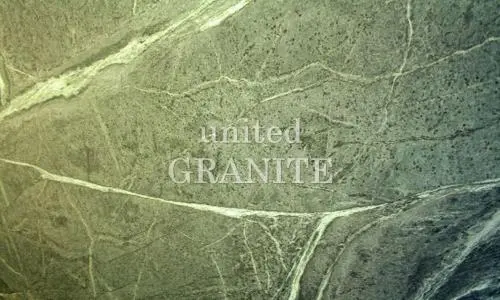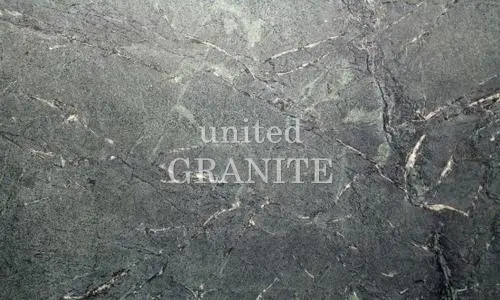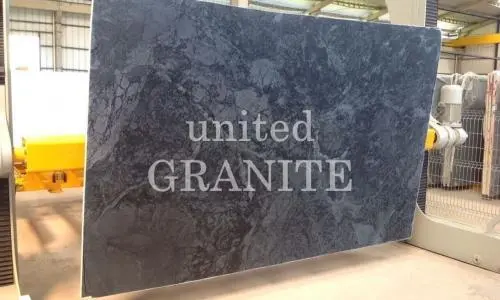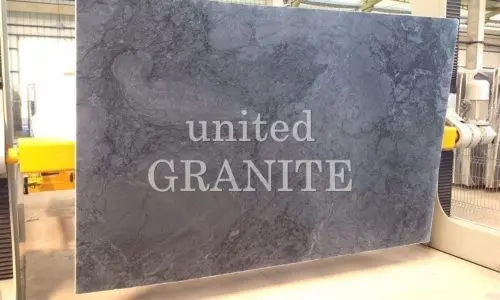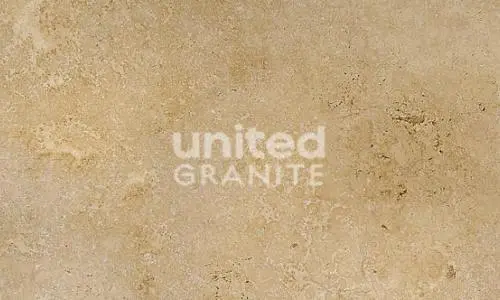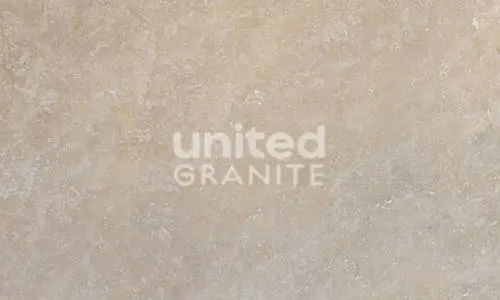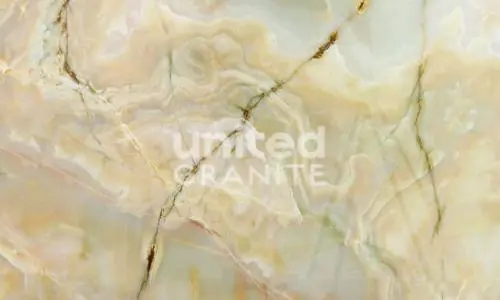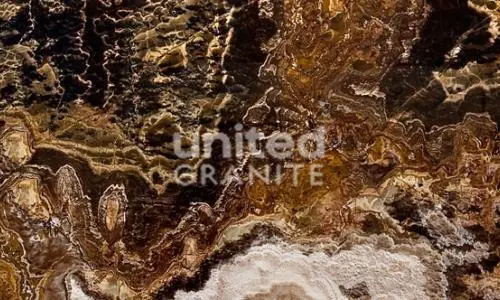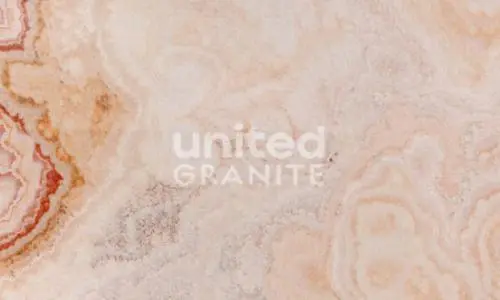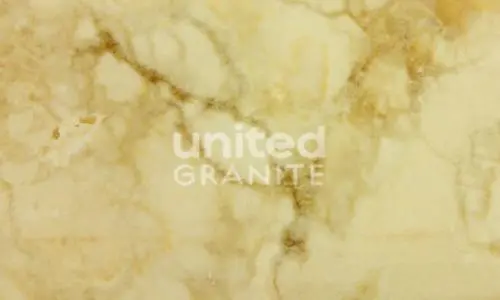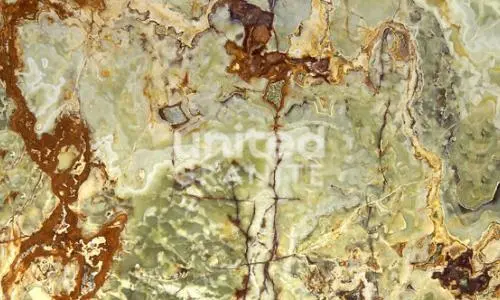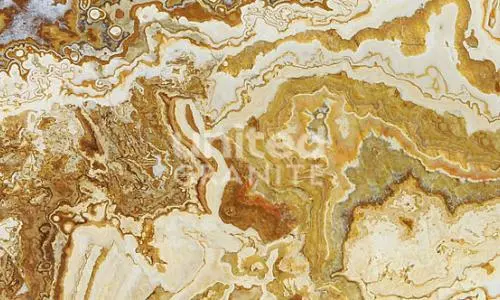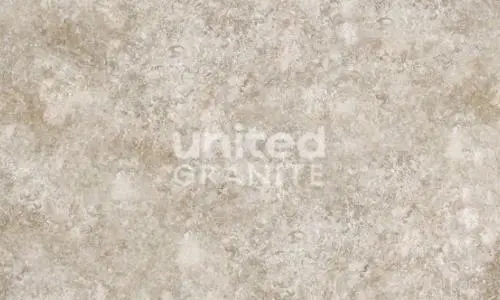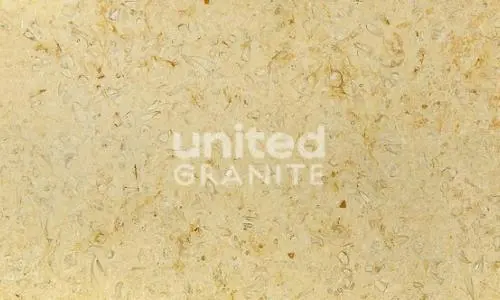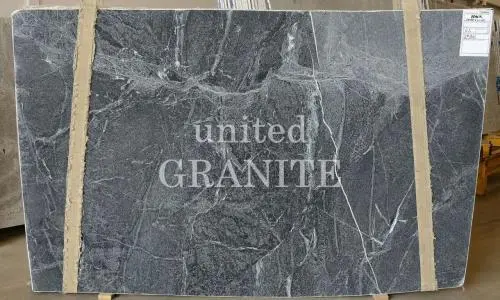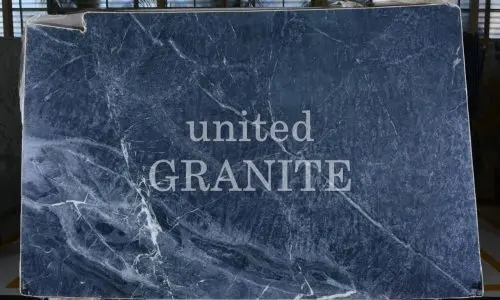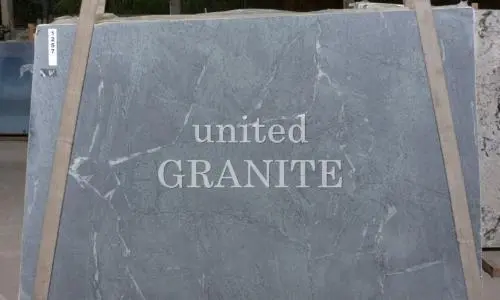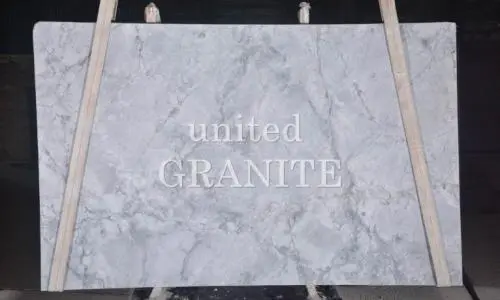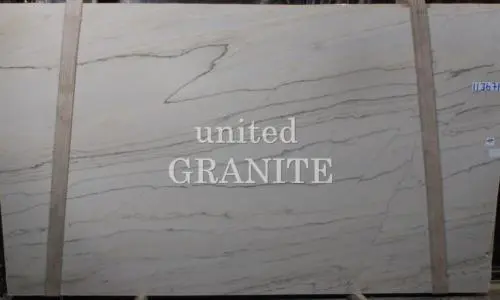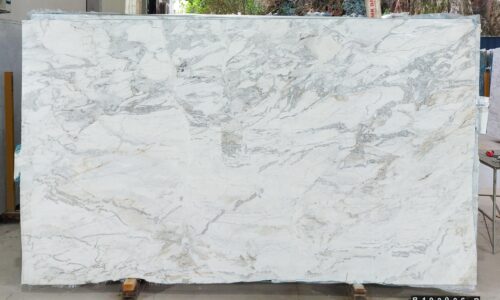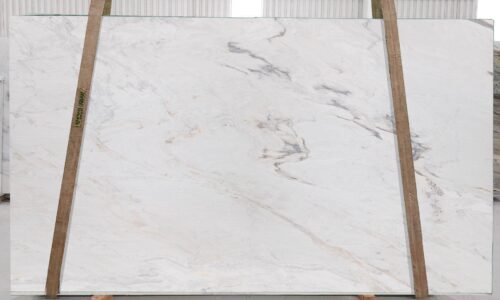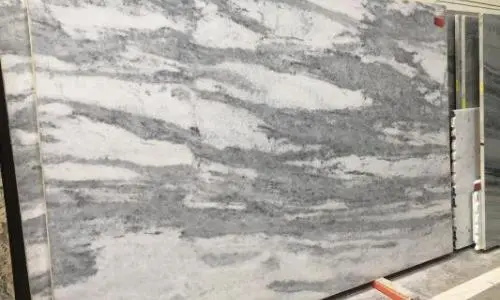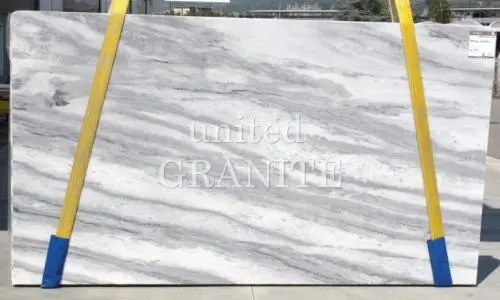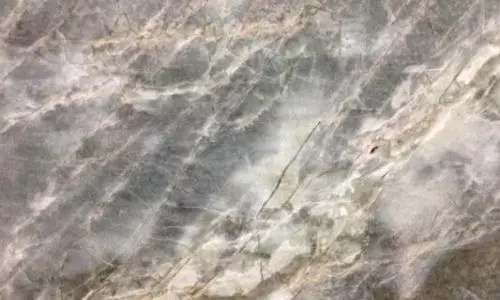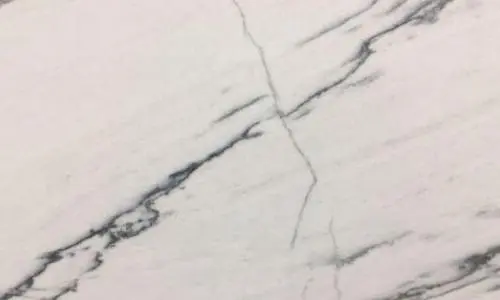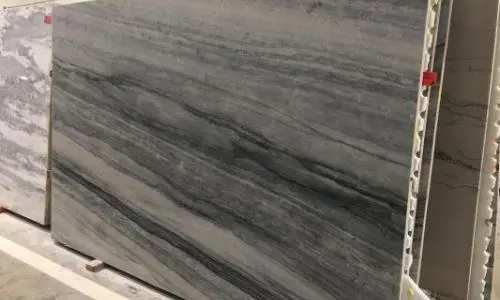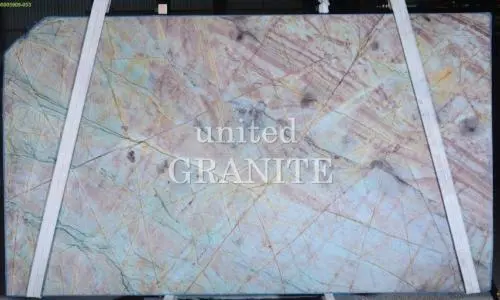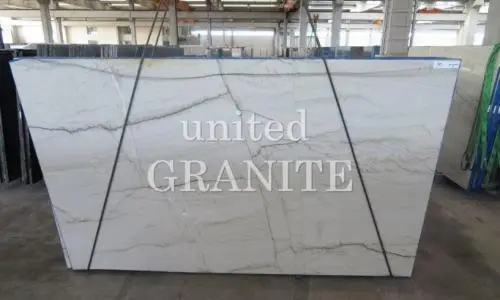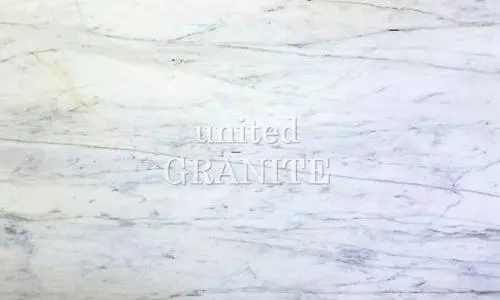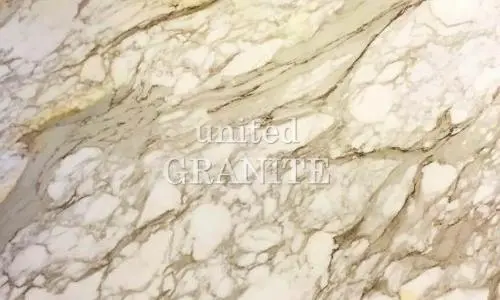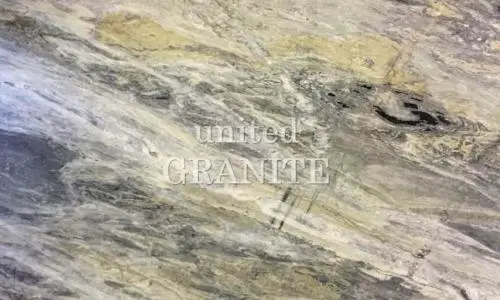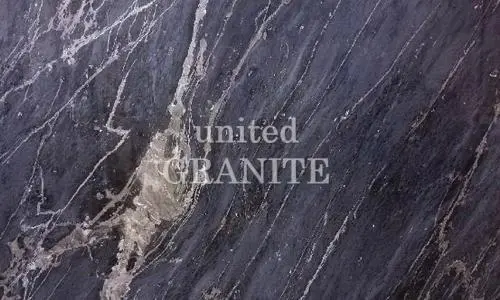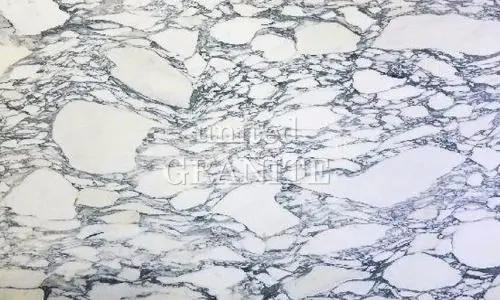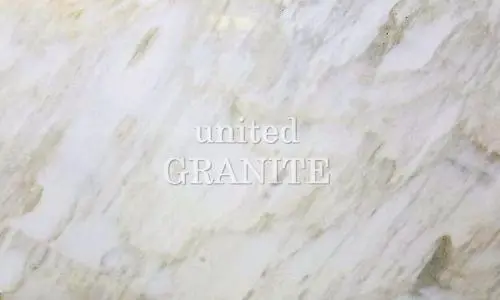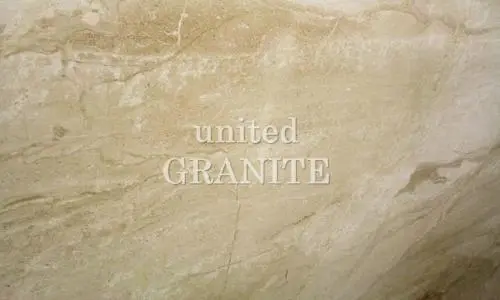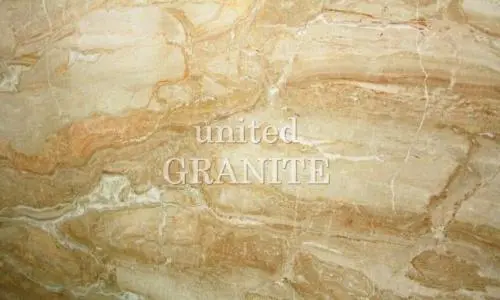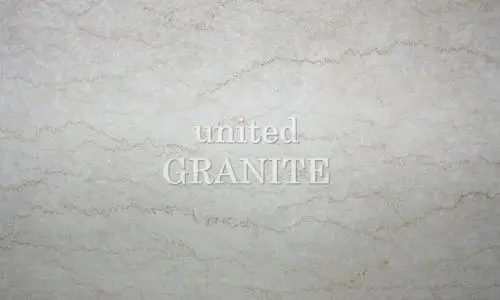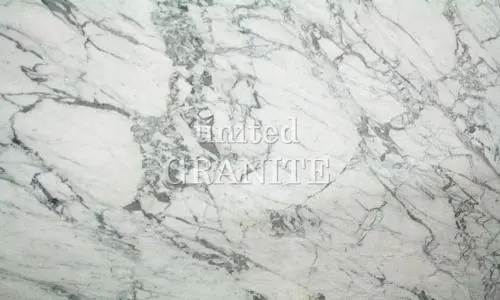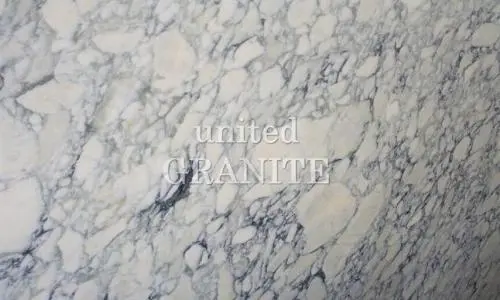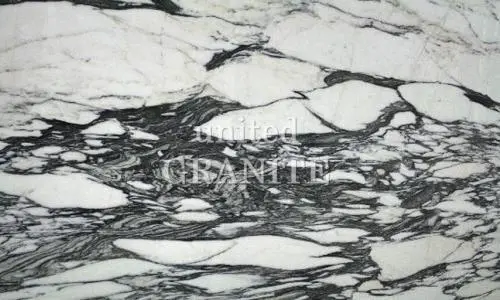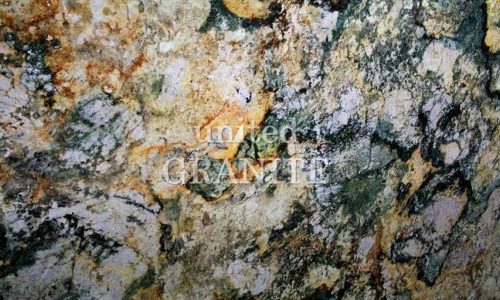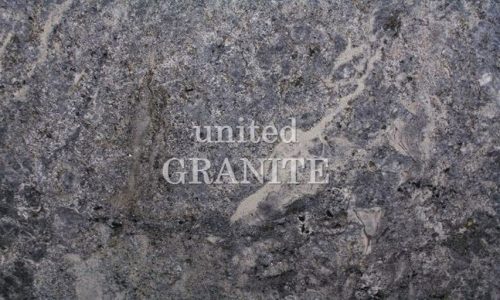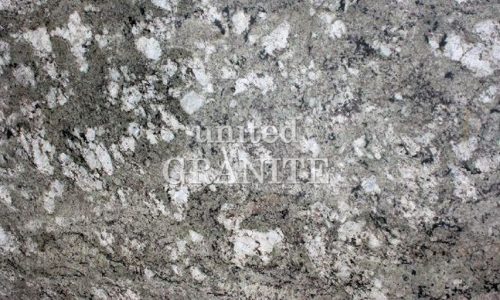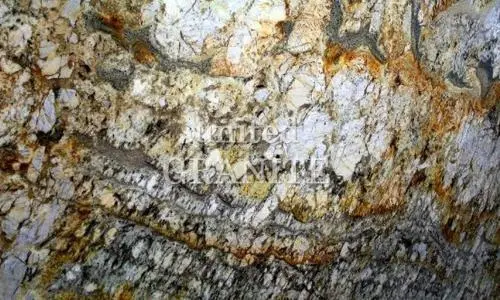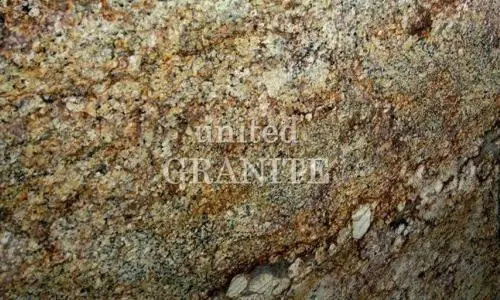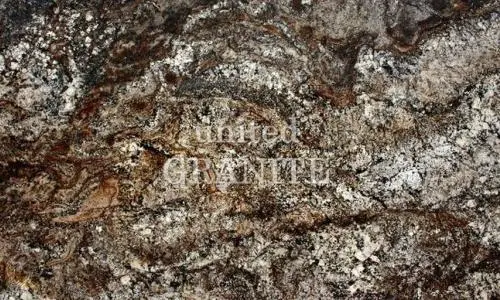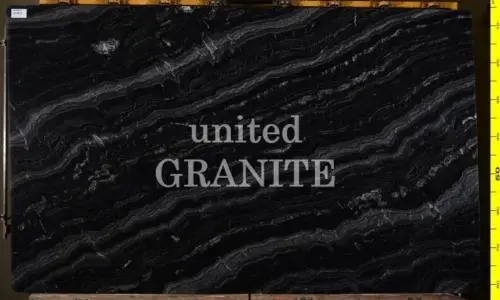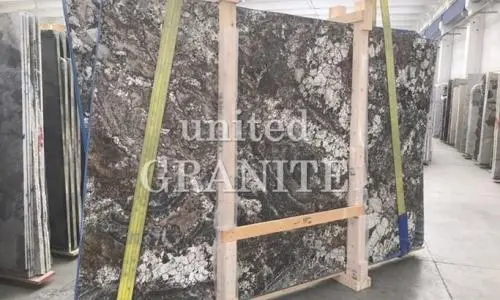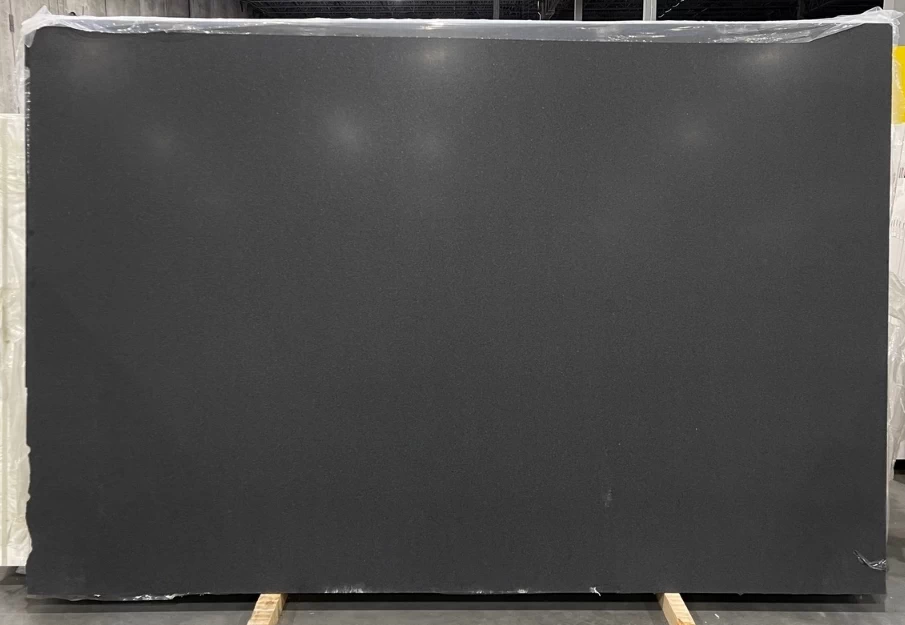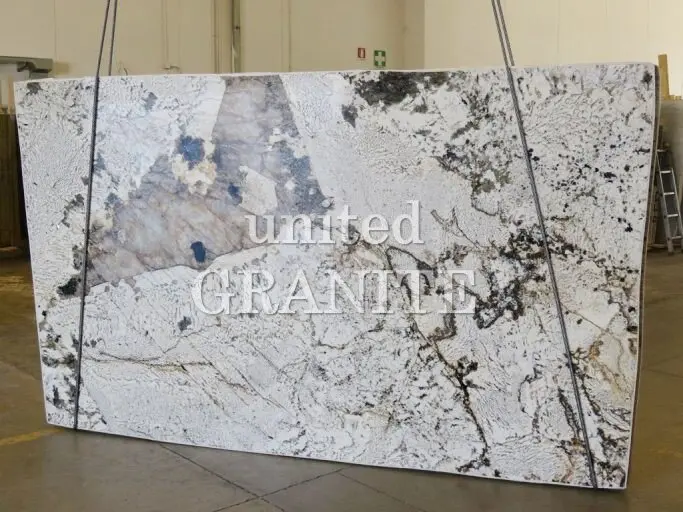Natural Stones Countertops
Elegant Durability: Natural Stone Countertops
Timeless Beauty Discover the unrivaled elegance of natural stone countertops, a centerpiece in any modern kitchen or bathroom. Each slab boasts unique patterns, colors, and textures, ensuring your space stands out with its own character. The natural variation in these stones, from subtle marbling to bold veins, adds a touch of luxury and sophistication to your interiors.
Unmatched Durability Invest in longevity with natural stone countertops. These surfaces are renowned for their resistance to scratches, heat, and stains, making them a practical yet stylish choice for busy households. With proper care, they maintain their pristine appearance for years, making them a cost-effective solution for those who value both aesthetics and functionality.
Eco-Friendly Elegance Embrace sustainability with our natural stone countertops. Harvested and processed with minimal environmental impact, these countertops are an eco-conscious choice. They do not emit harmful VOCs (Volatile Organic Compounds) and are 100% natural, ensuring a safer and healthier environment for your home.
Frequently asked questions about engineered stones
Whether quartz is cheaper than granite depends on various factors, including the specific type of stone, its availability, and the seller. Generally, quartz countertops tend to be slightly less expensive than granite countertops. However, there can be significant overlap in pricing between the two materials.
Here’s a comparison of the average cost of quartz and granite countertops:
-
Quartz: \$50 to \$150 per square foot
-
Granite: \$40 to \$100 per square foot
As you can see, the price range for both materials is relatively wide. This is because the cost of each stone can be influenced by various factors, such as:
-
Stone Type: Within each material category, there are different types of quartz and granite with varying prices. For instance, some quartz varieties, such as Calacatta or Taj Mahal, are more expensive due to their rarity and high demand. Similarly, certain granite types, like Black Impala or Labradorite, command higher prices due to their unique appearance and durability.
-
Availability: The availability of a particular quartz or granite slab can also affect its cost. If a specific stone is in high demand or scarce in your region, its price may be higher.
-
Supplier: The pricing of countertops can also vary depending on the supplier. Different companies may have different pricing strategies, overhead costs, and access to stone sources.
-
Location: Installation costs and labor rates can vary depending on your location. In areas with higher labor costs, the overall cost of countertops, including installation, may be higher.
In general, quartz countertops are considered a more affordable option compared to granite countertops. This is because quartz is a manufactured material, and its production costs are generally lower than those of quarrying and processing natural granite slabs.
However, there are cases where granite countertops may be cheaper than quartz. For instance, if you opt for a basic type of granite that is readily available in your area, you may find it more affordable than a high-end quartz variety.
Ultimately, the best way to determine which material is more cost-effective for your specific project is to obtain quotes from multiple countertop suppliers in your area. This will give you a more accurate comparison of the pricing for both quartz and granite countertops based on your preferences and the availability of materials in your region.
The most expensive natural stone for countertops varies depending on the specific type of stone, its rarity, and the supplier. However, some of the most expensive natural stones for countertops include:
-
Taj Mahal Quartzite: This stunning quartzite is known for its white background with delicate veins of gray and gold. It is a very rare stone, and its price can range from \$200 to \$400 per square foot.
-
Calacatta Marble: This luxurious marble is prized for its white background with bold veins of gray and blue. It is a popular choice for high-end kitchens and bathrooms, and its price can range from \$150 to \$300 per square foot.
-
Azul Macaubas Quartzite: This quartzite is known for its deep blue background with veins of white and gold. It is a very hard and durable stone, and its price can range from \$120 to \$250 per square foot.
-
Statuario Marble: This white marble is known for its clean, uniform appearance. It is a popular choice for contemporary kitchens, and its price can range from \$100 to \$200 per square foot.
-
Black Impala Granite: This granite is known for its deep black background with flecks of silver and gold. It is a very durable stone, and its price can range from \$80 to \$150 per square foot.
It is important to note that these are just a few examples, and the prices of natural stone countertops can vary widely. The best way to get an accurate quote is to contact a local countertop installer.
Natural stone countertops are made from various types of igneous, metamorphic, and sedimentary rocks that have been quarried and cut into slabs for use in kitchens, bathrooms, and other spaces. These stones are prized for their unique beauty, durability, and ability to add a touch of elegance to any home. Here are some of the most popular types of natural stone used for countertops:
-
Granite: Granite is an igneous rock that is formed from the cooling and solidification of magma deep within the Earth. It is composed of various minerals, including feldspar, quartz, and mica, which give it its distinctive speckled appearance. Granite is known for its exceptional durability, scratch resistance, and heat resistance, making it a popular choice for countertops.
-
Quartzite: Quartzite is a metamorphic rock that is formed from sandstone that has been subjected to intense heat and pressure over millions of years. This process transforms the sandstone into a hard, non-porous stone that is similar to granite in appearance. Quartzite is known for its exceptional durability, scratch resistance, and heat resistance, as well as its low maintenance requirements.
-
Marble: Marble is a metamorphic rock that is formed from limestone that has been subjected to heat and pressure. It is composed mainly of calcite, which gives it its smooth, polished surface and unique veining patterns. Marble is known for its timeless elegance and beauty, but it is also more susceptible to scratches, stains, and etching than other natural stones.
-
Soapstone: Soapstone is a metamorphic rock that is composed mainly of talc. It is known for its soft, velvety texture, heat resistance, and natural patina that develops over time. Soapstone is a good choice for countertops that will receive a lot of use, as it is not easily scratched or chipped.
-
Limestone: Limestone is a sedimentary rock that is formed from the accumulation of calcium carbonate particles. It is available in a wide variety of colors and textures, ranging from smooth and polished to rustic and weathered. Limestone is a versatile choice for countertops, but it is more porous than other natural stones and requires regular sealing to prevent staining.
In addition to these popular choices, there are many other types of natural stone that can be used for countertops, each with its own unique characteristics. When choosing a natural stone for your countertops, it is important to consider your lifestyle, budget, and aesthetic preferences to find the material that best suits your needs.
Determining the ideal natural stone for countertops depends on your specific needs and preferences. While each material offers unique advantages and disadvantages, here’s a breakdown of some popular options to help you make an informed decision:
Granite: Renowned for its exceptional durability and scratch resistance, granite is a classic choice for countertops. Its natural beauty, characterized by vibrant patterns and a polished finish, elevates any kitchen or bathroom. However, granite’s porous nature necessitates regular sealing to prevent staining.
Quartzite: Often mistaken for granite due to its similar appearance, quartzite is a metamorphic rock known for its exceptional hardness and resistance to scratches, stains, and heat. Unlike granite, quartzite doesn’t require sealing, making it a low-maintenance option. However, quartzite is typically more expensive than granite.
Marble: Prized for its timeless elegance and unique veining patterns, marble adds a touch of luxury to any space. Its smooth, polished surface is a visual delight. However, marble is more susceptible to scratches, stains, and etching, requiring regular sealing and careful maintenance.
Soapstone: Known for its soft, velvety texture and heat resistance, soapstone is a unique choice for countertops. Its naturally occurring patina develops over time, adding character and charm. However, soapstone is prone to scratches and requires regular oiling to maintain its appearance.
Limestone: Limestone offers a variety of colors and textures, ranging from smooth and polished to rustic and weathered. It’s a versatile option that complements various styles. However, limestone is more porous than other natural stones, making it more susceptible to staining and requiring regular sealing.
Ultimately, the best natural stone for your countertops depends on your individual needs and preferences. Consider factors such as durability, maintenance requirements, aesthetic appeal, and budget to determine which material aligns best with your expectations.
Call us for the widest range of natural stone products.
Call us (410) 540 9333




